20 GPTs for Soft Skills Powered by AI for Free of 2026
AI GPTs for Soft Skills are advanced artificial intelligence tools designed to simulate and enhance human-like interactions and capabilities in areas such as communication, empathy, leadership, teamwork, and problem-solving. These tools leverage Generative Pre-trained Transformers (GPTs) to understand, respond, and provide solutions tailored to the nuances of human soft skills. They are pivotal in training, development, and real-time assistance across various sectors, emphasizing the importance of interpersonal skills alongside technical knowledge.
Top 10 GPTs for Soft Skills are: Career Coach,Professor AL,AI Tutor Blueprint,Job Interview Coach,Career Sapling,Future Skills Academy Coach,VR Training,Micro1 vetting,Tech Interview Coach,Hiring Scout
Career Coach
Empowering Your Career Path with AI

Professor AL
Empowering Learning with AI
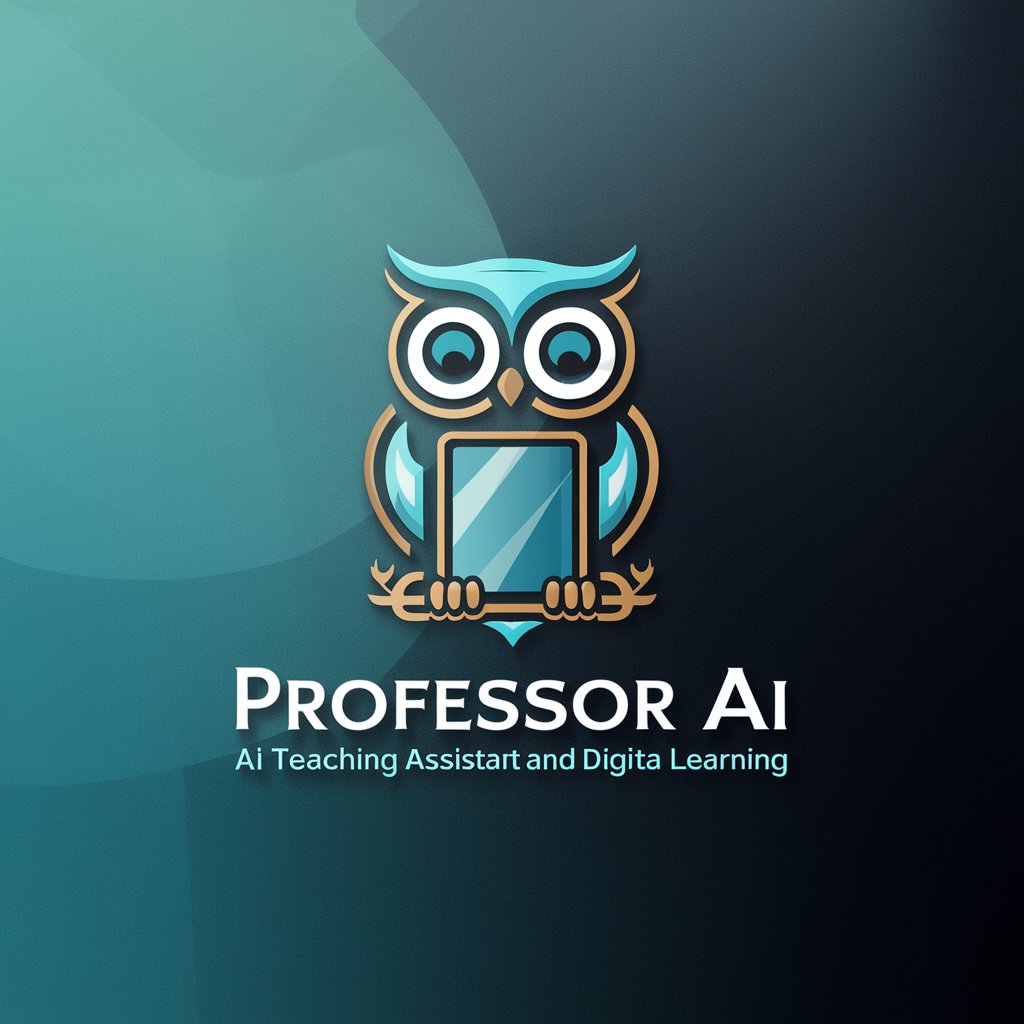
AI Tutor Blueprint
Create customized AI-powered tutors.

Job Interview Coach
Ace Your Interview with AI-Powered Coaching

Career Sapling
Ace Tech Interviews with AI-Powered Prep
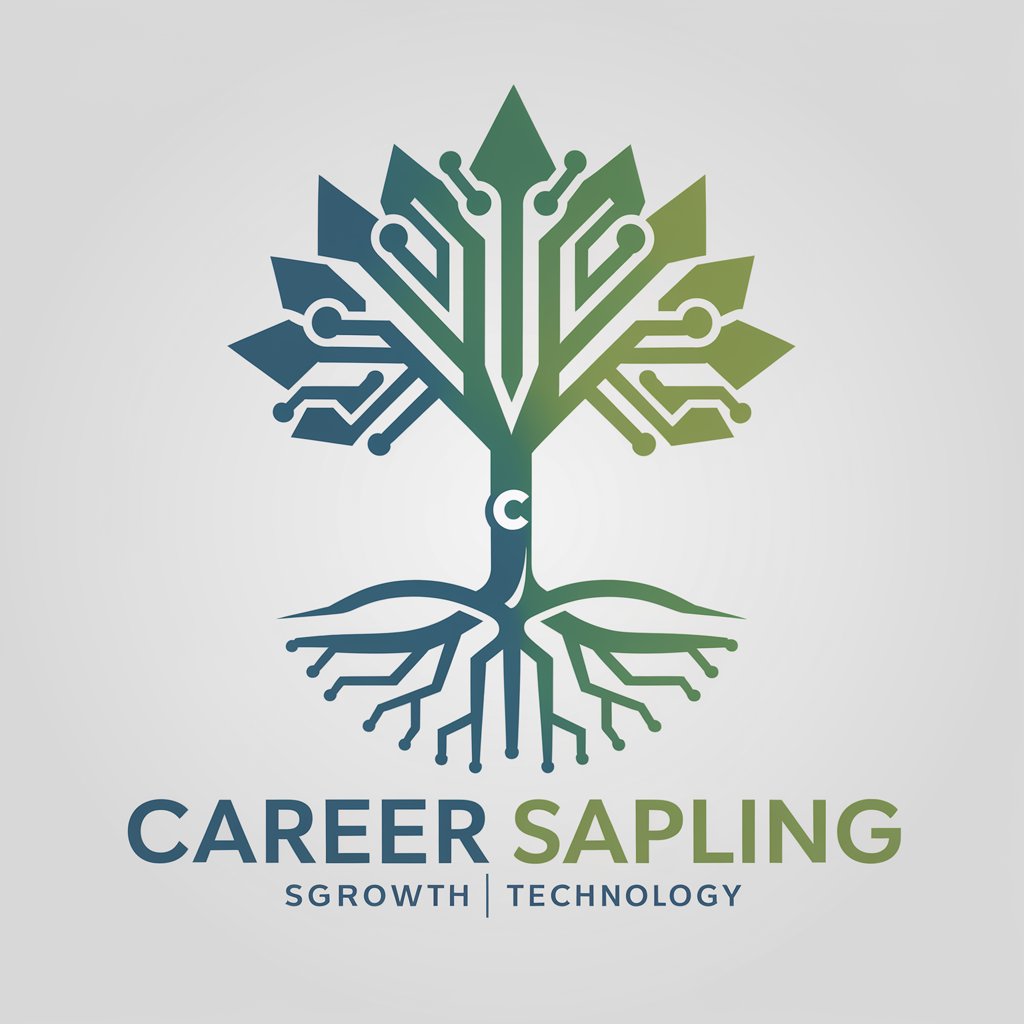
Future Skills Academy Coach
Empower your growth with AI-driven coaching

VR Training
Immerse, Learn, Excel with AI
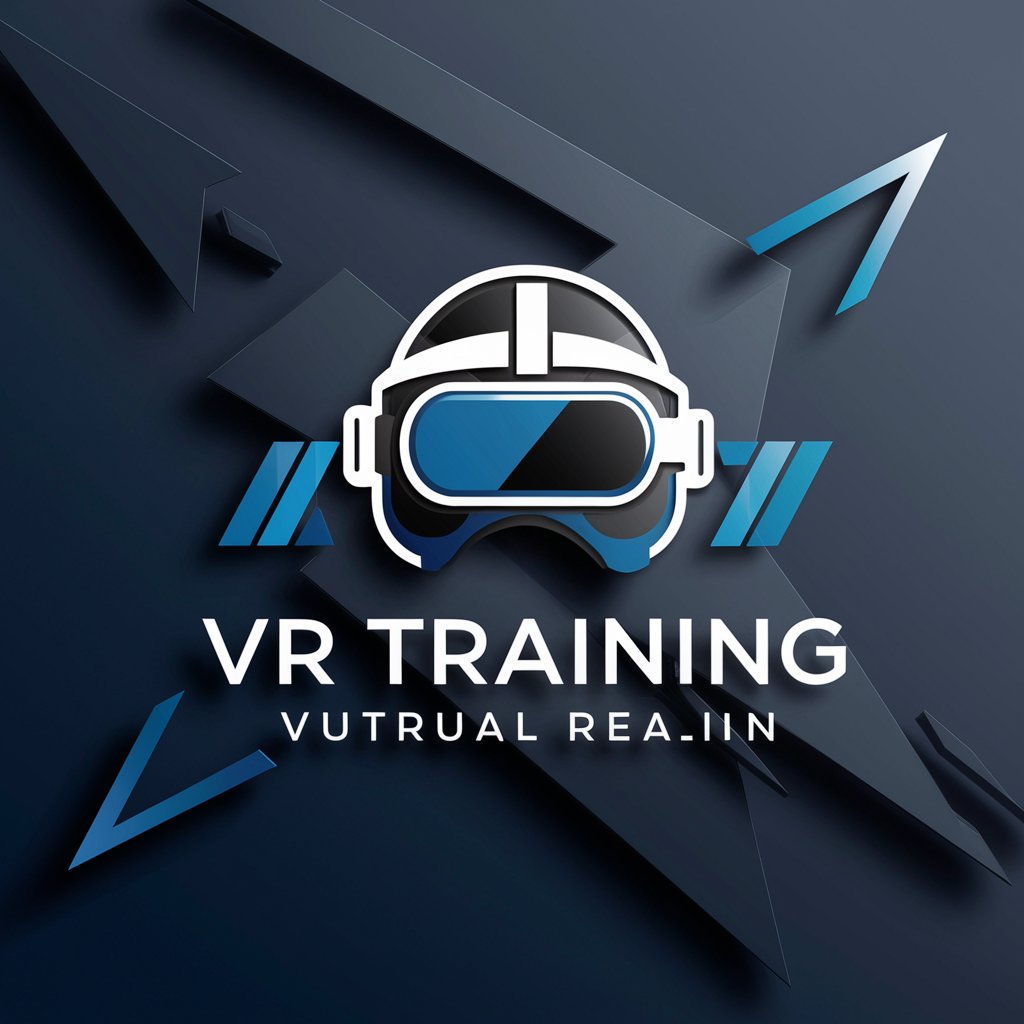
Micro1 vetting
Streamline Your Hiring with AI Vetting
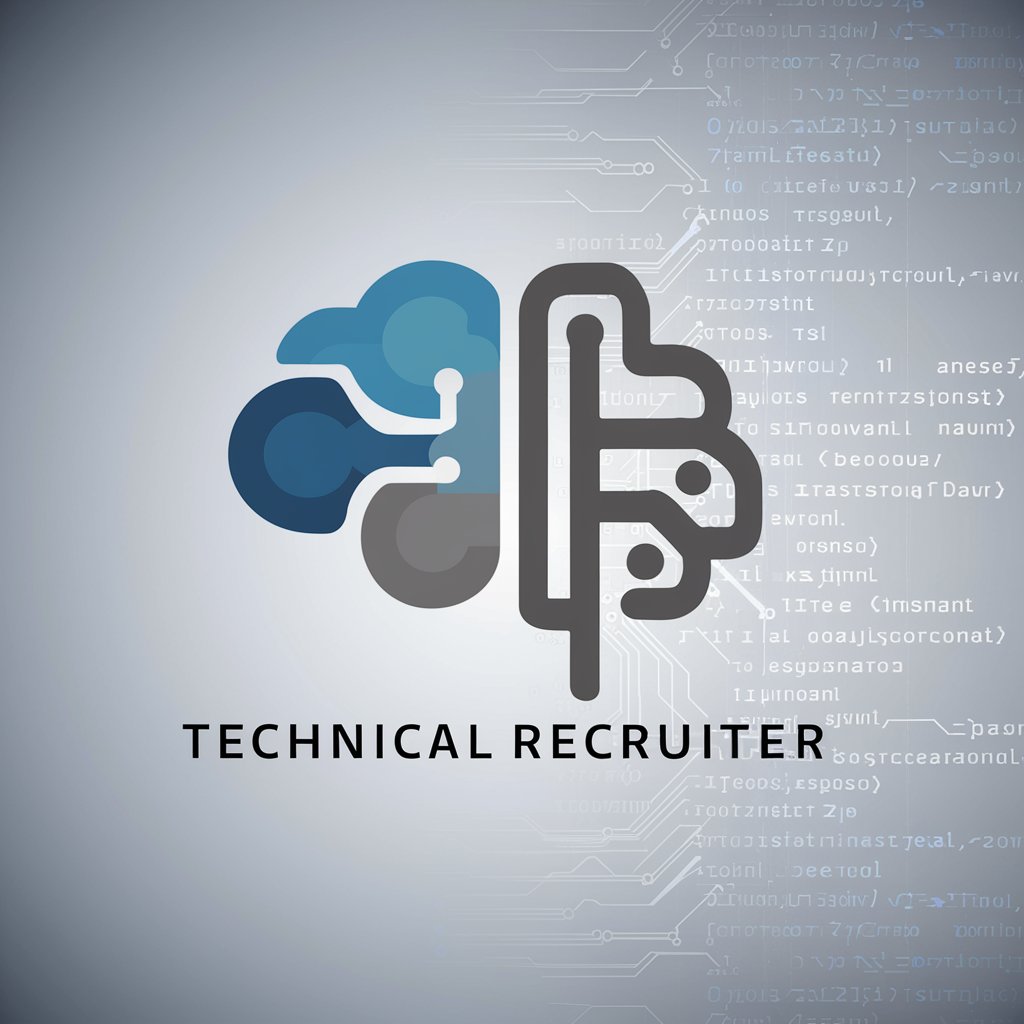
Tech Interview Coach
AI-Powered Interview Coaching
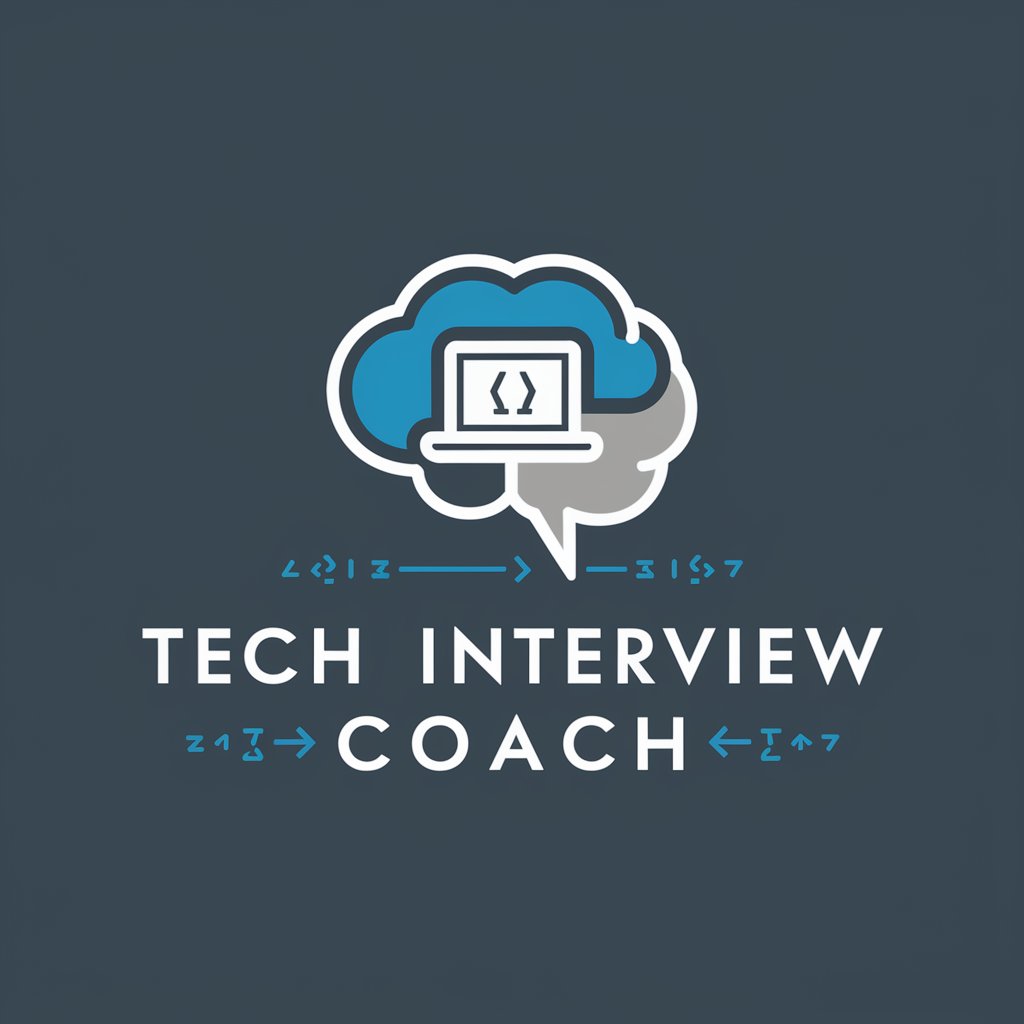
Hiring Scout
Empower Your Hiring with AI-Driven Insights
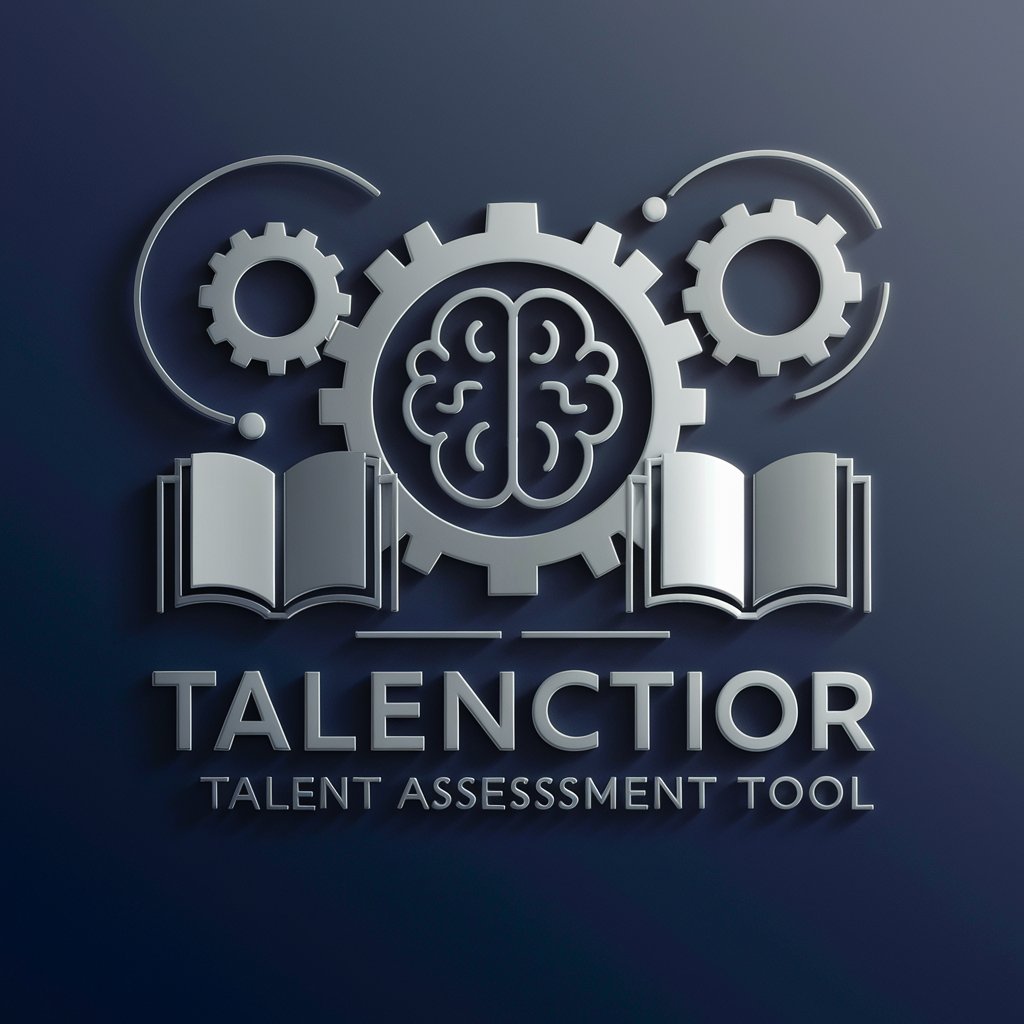
LearnZone
Empower your learning journey with AI
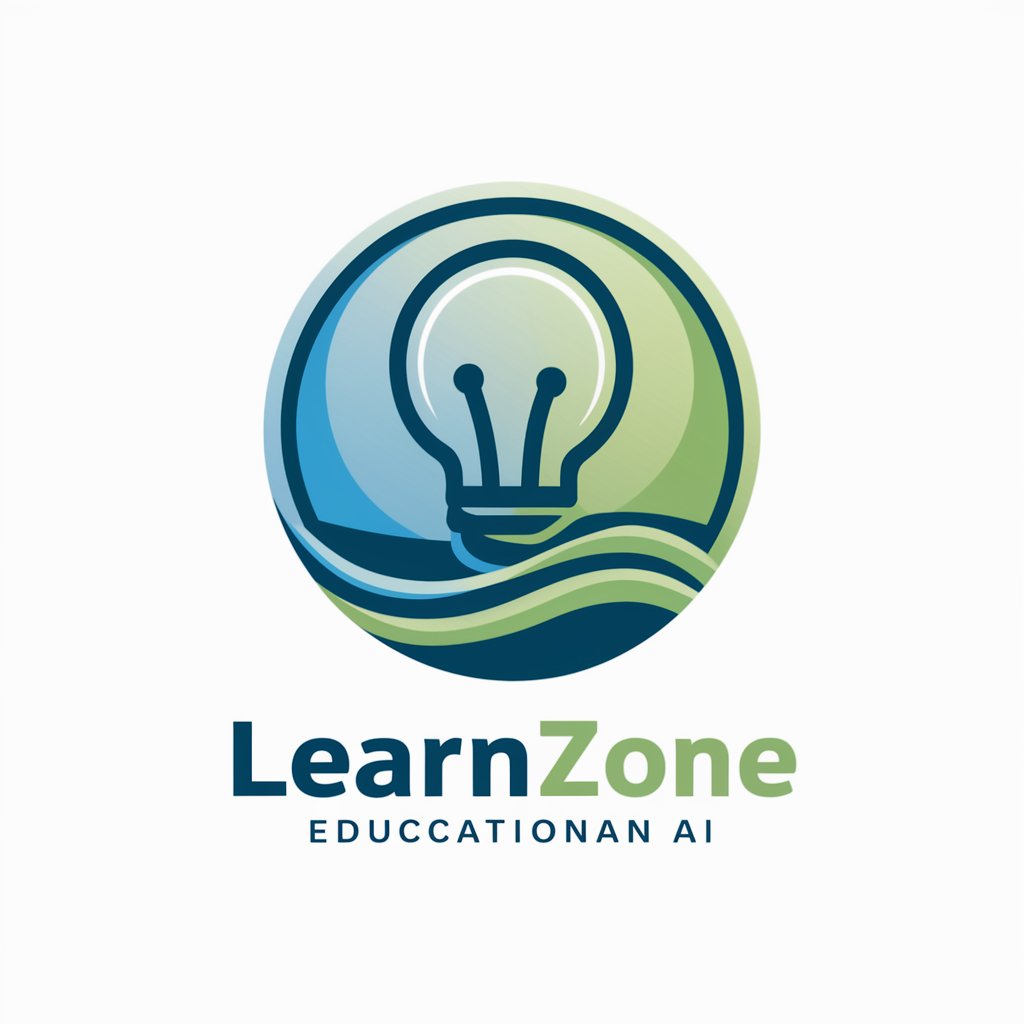
Workshop Wizard
Empowering teams with AI-driven workshops.
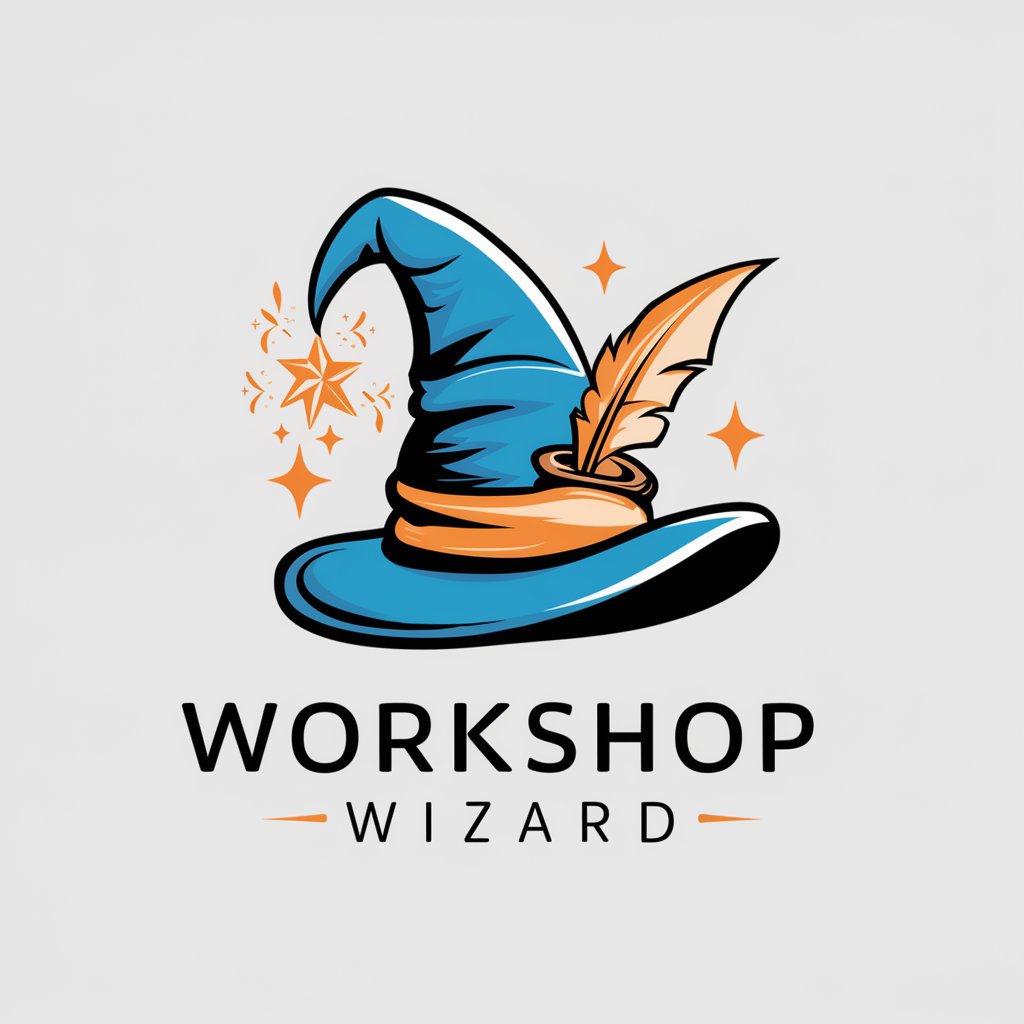
Training GPT
Empowering Training with AI Insight

Academia Administrativa
Empowering administrative excellence through AI

Tech Behavioral Interview Coach
Ace Tech Interviews with AI Coaching
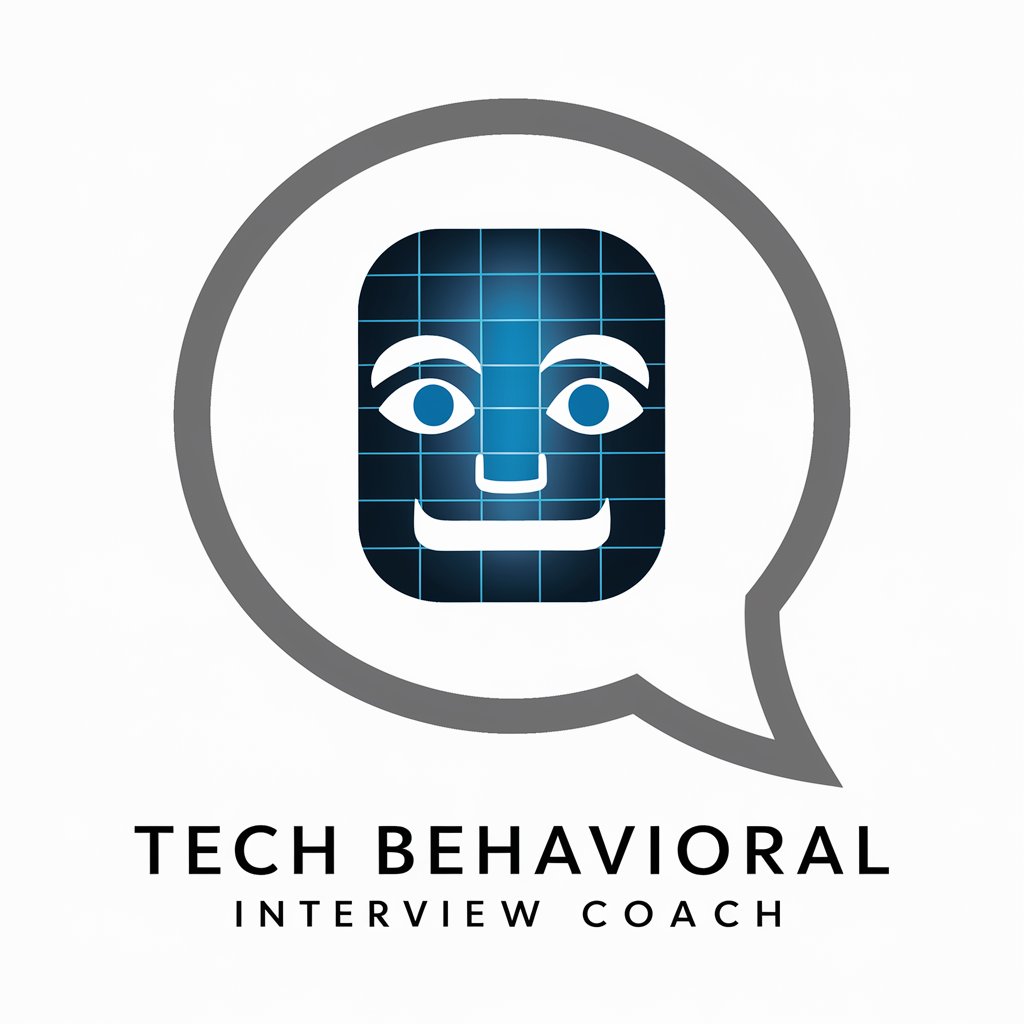
New University
Empowering Futures with AI Learning
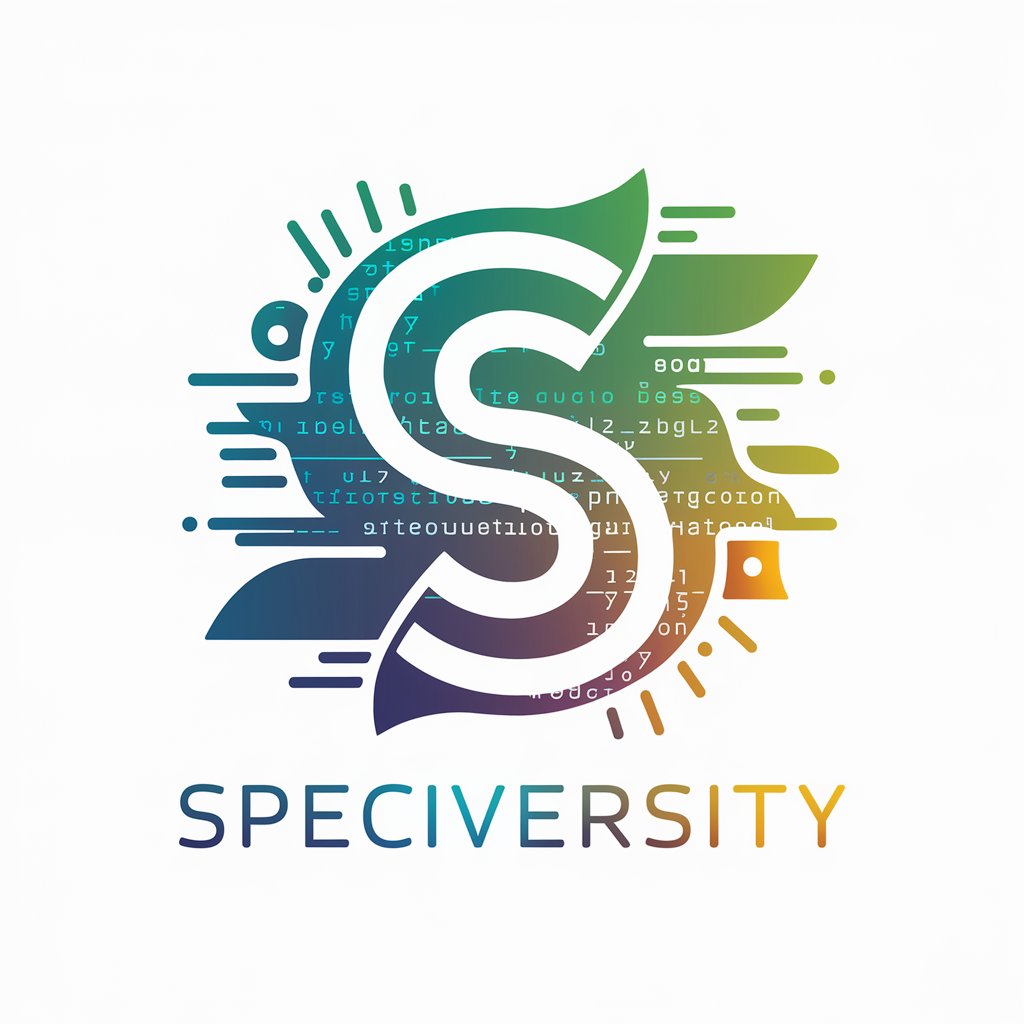
🧠 VR Skill Sculptor Mentor 🎮
Empowering Skills with AI-Driven VR Training
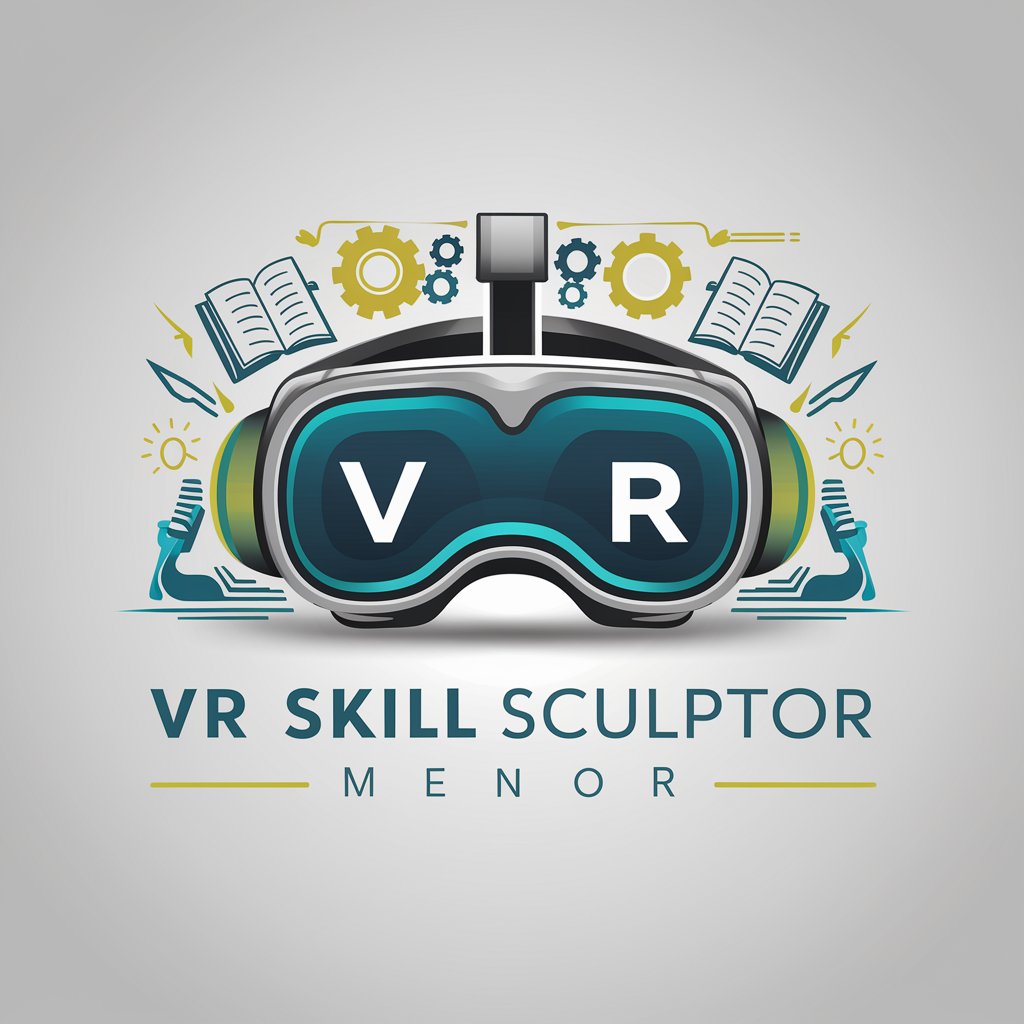
FormaGuide
Empowering Professional Growth with AI

Brilliant Mentor
Empowering your learning journey with AI
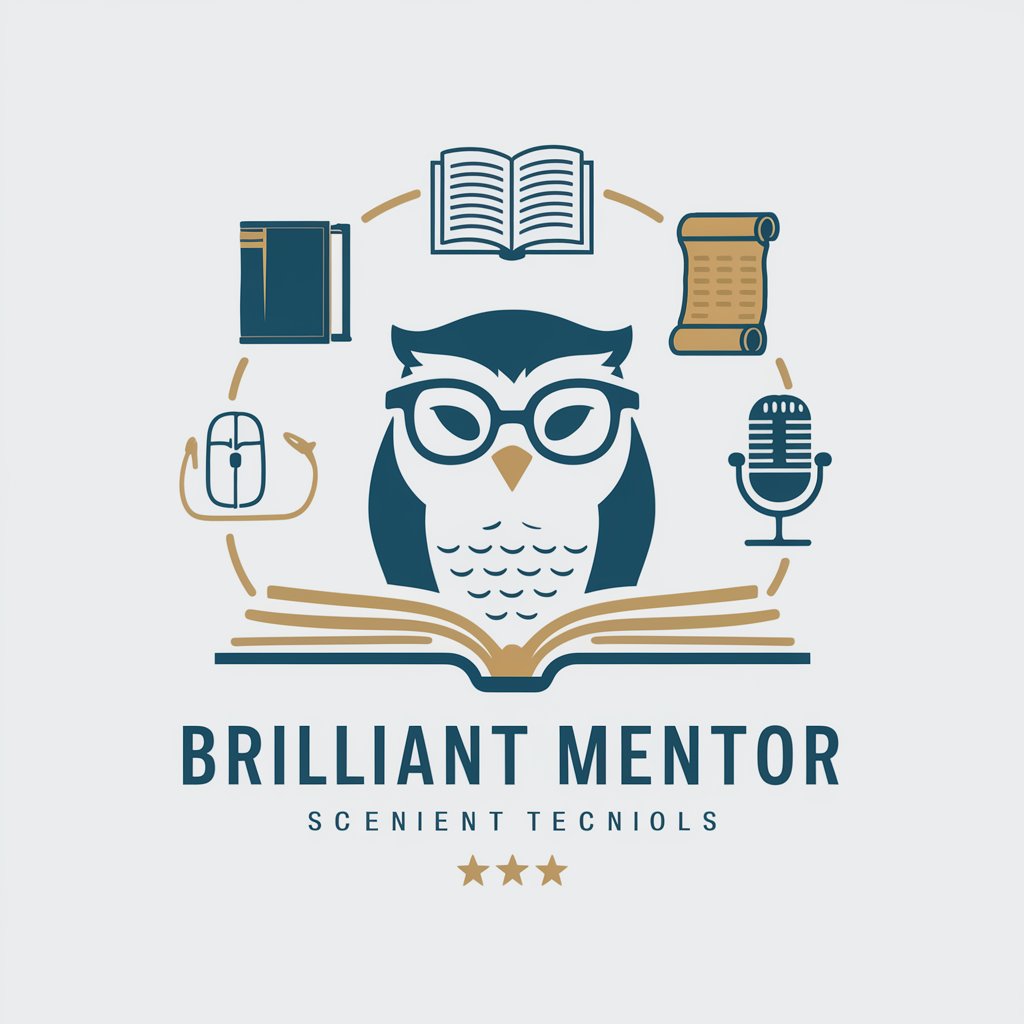
Talent Unlimited
Unlock Your Potential with AI
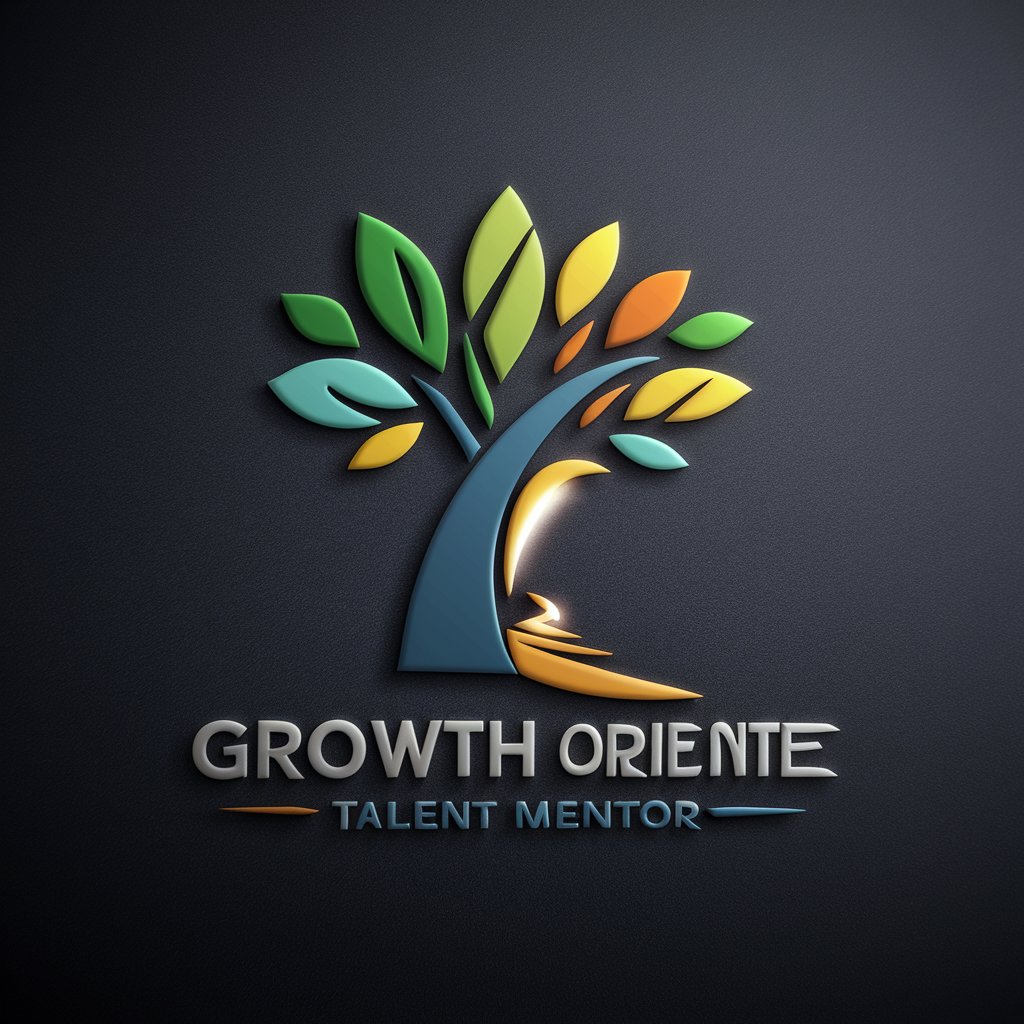
Key Attributes of AI GPTs in Soft Skills Development
AI GPTs tools for Soft Skills boast a wide array of features that include but are not limited to natural language processing for realistic dialogue simulation, emotional intelligence to recognize and respond to users' feelings, adaptive learning systems that tailor training to individual needs, and interactive scenarios for practice and improvement. They can support language learning, offer technical assistance, conduct sophisticated web searches, generate creative content, and analyze complex data sets, making them versatile for soft skills enhancement.
Who Can Benefit from Soft Skills AI GPTs?
These AI tools are designed for a broad audience, including individuals looking to improve their personal communication and leadership skills, professionals seeking to enhance their workplace interactions, educators and trainers in need of advanced tools for soft skills training, and developers or AI enthusiasts interested in customizing and integrating these solutions into existing systems. They are accessible to users with varying levels of technical expertise, from novices to experienced programmers.
Try Our other AI GPTs tools for Free
Coffee Evaluation
Discover how AI GPTs are transforming coffee evaluation with advanced analytics, trend prediction, and quality control, making it accessible to experts and novices alike.
Brewing Advice
Discover how AI GPTs for Brewing Advice transform brewing with tailored guidance, recipe innovation, and process optimization. A must-explore tool for enthusiasts and professionals alike.
Coffee Recommendations
Discover personalized coffee suggestions with AI GPTs. Tailored brewing advice, seasonal trends, and product recommendations at your fingertips.
Agent Mastery
Unlock the full potential of agents with AI GPTs for Agent Mastery, leveraging advanced AI to enhance capabilities, automate tasks, and refine strategies.
Map Knowledge
Discover AI GPTs for Map Knowledge, the cutting-edge tools transforming map data analysis and geographic exploration with advanced AI technology, tailored for professionals and enthusiasts alike.
Patch Updates
Discover how AI GPTs revolutionize patch updates, automating processes and offering customized solutions for secure, efficient system management.
Expanding the Impact of AI on Soft Skills Training
AI GPTs offer a transformative approach to soft skills development, with capabilities extending beyond traditional methods. Their integration into various sectors demonstrates not only the versatility of AI in enhancing human capabilities but also the growing recognition of soft skills as critical components of professional success. User-friendly interfaces and customization options further enhance their appeal, making them a valuable asset in both personal development and organizational growth.
Frequently Asked Questions
What are AI GPTs for Soft Skills?
AI GPTs for Soft Skills are artificial intelligence programs designed to understand, simulate, and enhance human soft skills through advanced natural language processing and machine learning techniques.
How do AI GPTs improve soft skills?
They improve soft skills by providing realistic simulations, interactive training scenarios, and personalized feedback to help users develop better communication, leadership, and teamwork abilities.
Can non-technical users benefit from these tools?
Yes, these tools are designed with user-friendly interfaces that allow non-technical users to easily interact with and benefit from the AI's capabilities.
Are there customization options for developers?
Absolutely, developers have access to APIs and programming interfaces to customize and integrate the AI's capabilities into their own applications or workflows.
What makes AI GPTs for Soft Skills unique?
Their ability to process and understand human emotions, tailor responses, and provide contextually relevant feedback in real-time sets them apart from traditional training tools.
How can these tools be integrated into existing training programs?
They can be integrated through APIs, embedding into learning management systems (LMS), or by creating custom modules tailored to the specific needs of the training program.
What sectors can benefit the most from AI GPTs for Soft Skills?
Sectors such as education, customer service, healthcare, and human resources, where interpersonal interactions are crucial, can benefit significantly.
Are there any privacy concerns with using these AI tools?
Developers and providers typically implement robust privacy measures. However, users should review the privacy policies of specific tools to understand how their data is used and protected.